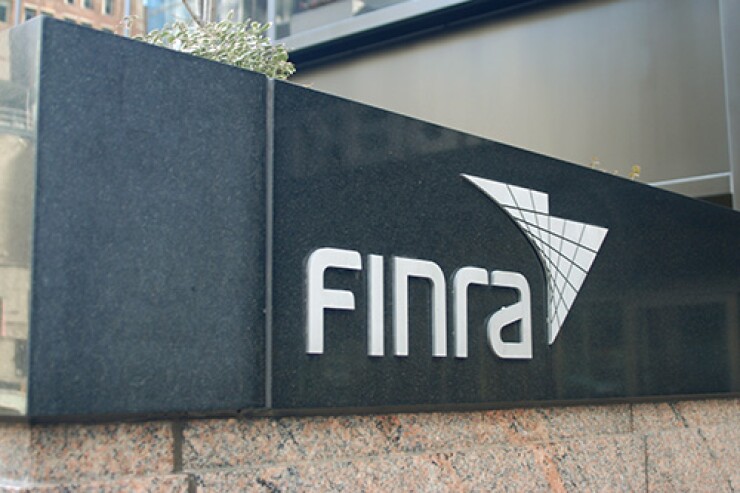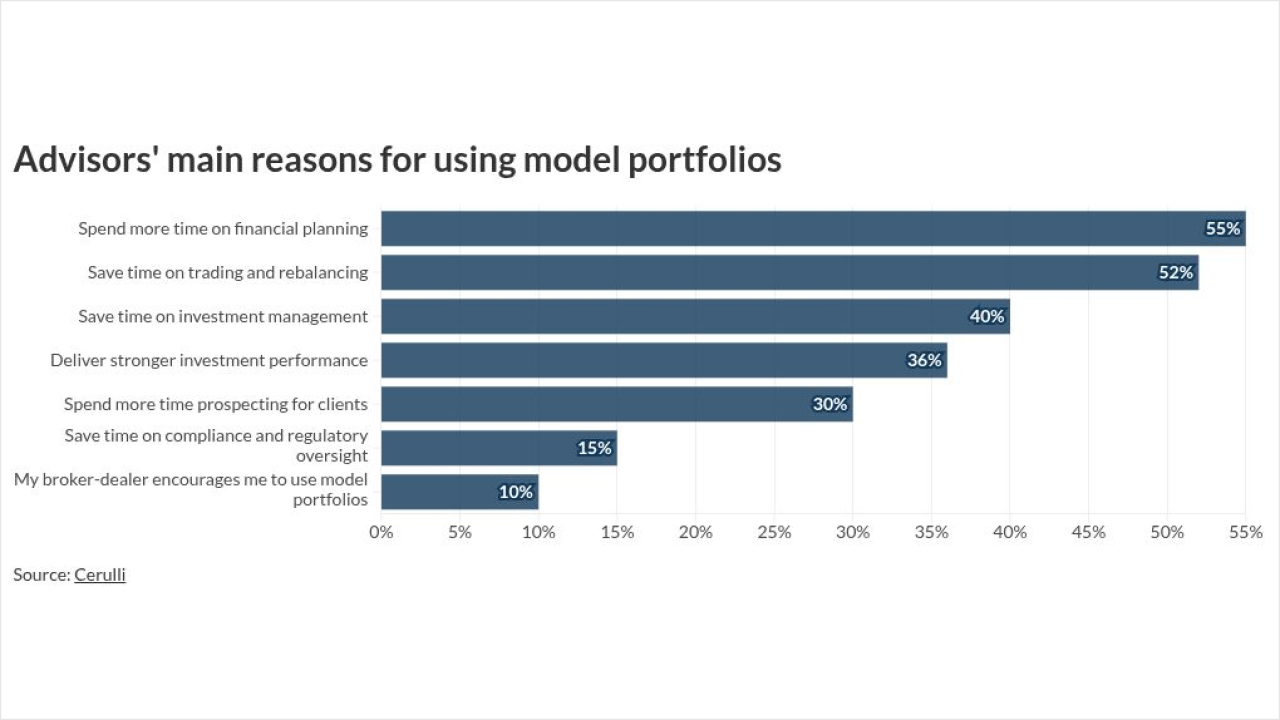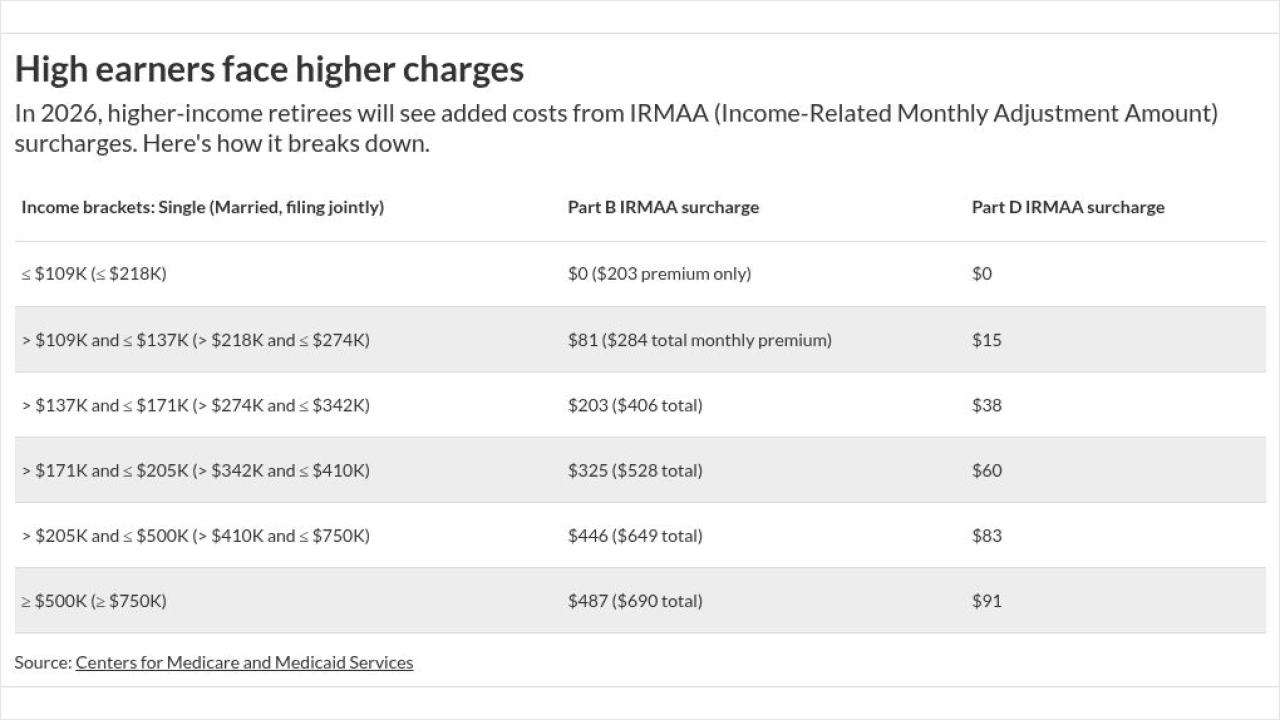When FINRA examiners check in with brokers this year, they're going to be expecting to see real progress in firms' compliance policies and procedures around Regulation Best Interest.
FINRA put the industry on notice this week that its exam team is going to conduct more thorough reviews of how firms are handling Regulation Best Interest and the new relationship summary document known as Form CRS.

"[I]n 2021, we intend to expand the scope of our Reg BI and Form CRS reviews and testing to effect a more comprehensive review of firm processes, practices and conduct," FINRA wrote in a new
The new report takes the place of FINRA's previous publications on exam findings and its annual exam priorities letter, both highly anticipated documents that firms have used to tune up their compliance programs.
"It's always a great exercise to supplement any annual review work firms engage in to review their policies and procedures with the FINRA findings report," says Mazi Bahadori, chief compliance officer at Altruist, a financial-services software provider. "Compliance officers would be wise not to exclusively rely on the report as it's not an exhaustive list of things FINRA cares about, but it's at least a good starting point of issues you know you'll get asked at your next cycle exam."
In addition to Reg BI, FINRA outlined several other areas of concern, including perennial challenges like how firms are handling cybersecurity, variable annuities and anti-money laundering programs. FINRA also
In the new Form CRS, firms must justify whether they place client assets in advisory or broker accounts.
FINRA also added a new twist to a longstanding item on its exam priorities list: the
"Firms should consider reviewing the publicly available data on PPP loans to determine if they have a registered representative who obtained a PPP loan for an undisclosed OBA," FINRA says.
In each section of its new report, FINRA lays out several questions for firms to consider when evaluating their compliance operations. For Reg BI, the regulator asks if firms have in place policies, procedures and controls around things like product recommendations, disclosure, record-keeping and the suitability standard, which is still in play for relationships with non-retail investors.
"The expectation from FINRA is that firms should already have a program in place to address Reg BI and Form CRS and they now should pivot to focus on monitoring for compliance and adjusting their programs as they identify gaps or lapses," says Virginia Voos, senior director at the compliance consultancy Foreside. "It's an area that firms should be paying close attention to."
-
Consumer advocates are calling for Gary Gensler to toss out Reg BI as wealth managers aim to keep the prior administration’s rule in place.
February 3 -
The allegations involving 12b-1 fees, cash sweeps and commissions also include violations of best execution rules.
December 23 -
The regulation permits more exemptions from fiduciary duties, but may itself be replaced by the incoming Biden administration.
December 16
Voos notes that FINRA's latest document is in keeping with its earlier messaging on how it will examine firms to ensure compliance with Reg BI, which echoes the approach laid out by the SEC, the author of the rule.
"This was always FINRA's game plan," she says, noting that the regulator has spent the last few years engaging with firms to help them digest the rule, which went into effect in June 2020. FINRA made clear that its "staged approach" would inevitably culminate in more serious examinations once firms had the time to build a compliance program for the new regulation. "Now it is the next logical step to be less patient with laggards," Voos says.
FINRA's new report is a sprawling document, and brokers will likely find that many of the items don't apply to their firm's operations or business model. Patrick Chism, managing director and head of broker-dealer solutions at Vigilant, a compliance consultancy and service provider, suggests that firms review the report "to determine which areas are relevant to their business," and then look at their own policies and testing methods to ferret out any weak spots.
"If you find any deficiencies, you should begin remediation as soon as possible," Chism says. "This will help ensure your next exam will be more successful."
Voos credits FINRA for producing a document in a "reader-friendly, interactive format" filled with links to other materials that firms can use to bolster their compliance programs. She also notes the inclusion of an
"Firms should start there and implement relevant practices to incorporate in their programs," Voos says. "Firms should also see this document as a roadmap as to the resources — human, IT and ultimately financial — they are expected to devote to their compliance program."






